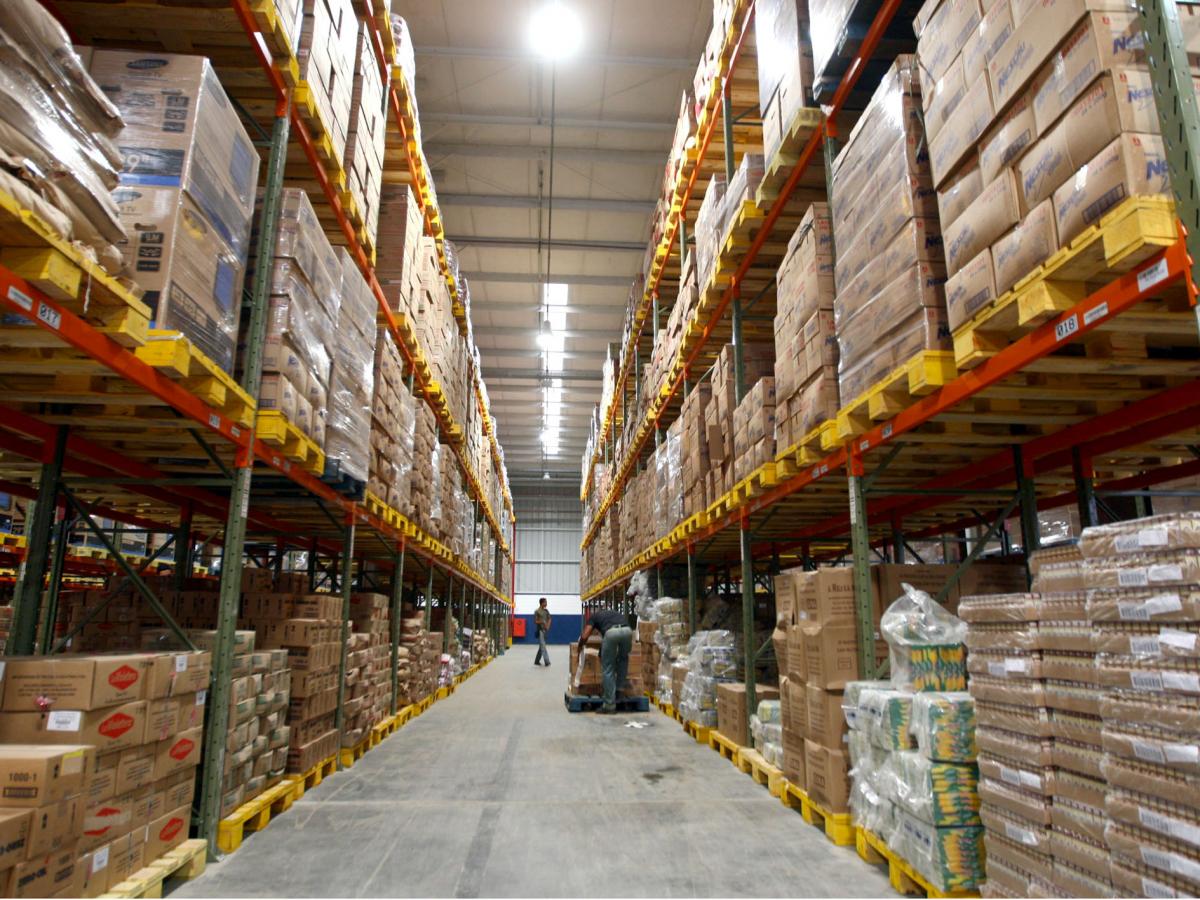By Oleg Artyukov
Copyright pravda

The European Union is preparing to impose sanctions on a limited number of Chinese companies as part of its 19th package of anti-Russia measures, according to Politico. The new restrictions are scheduled to be unveiled on September 19.
A Balancing Act Between Moscow and Beijing
This move highlights the dual nature of the EU’s position. On the one hand, Brussels continues to exert pressure on Moscow through sanctions, showing solidarity with the United States and other Western allies. On the other, the EU is reluctant to risk a serious rupture with Beijing, one of its largest trading partners. Broad sanctions against Chinese enterprises could trigger harsh retaliation from China.
By limiting itself to targeted measures, the EU seeks to demonstrate political resolve without incurring excessive economic costs.
Sanctions as a Signal to Washington
A key factor is the transatlantic relationship. European leaders hope the new package will catch the attention of Washington and especially Donald Trump. Brussels expects the move will encourage the US to adopt tougher measures against Russia. In this sense, sanctions against Chinese firms are less about pressuring Beijing and more about sending a diplomatic signal of alignment with American policy.
A Clash of Priorities
However, a contradiction emerges. China policy is not a priority for Trump, whose main focus is on tariffs rather than sanctions. He has pushed Europeans to impose steep tariffs on imports from China and India, ranging from 50 to 100 percent. For Washington, tariffs are the key instrument of economic pressure, while Europe prefers limited sanctions on individual companies.
Brussels, meanwhile, is unwilling to adopt such radical tariff measures, recognizing that higher duties on Chinese goods would directly harm European consumers and industries reliant on low-cost imports.
Economic Dependence on China
The EU aims to maintain strategic partnership with the US but cannot ignore its economic dependence on China. Beijing is not only a supplier of affordable manufactured goods but also a critical buyer of European exports, from automobiles to high-tech equipment. Excessively harsh measures could cost Europe valuable markets, weaken competitiveness, and stir domestic discontent.
Sanctions as Part of a Larger Geo-Economic Game
The situation illustrates how sanctions have evolved beyond a tool of pressure on Russia. They are now part of a wider geo-economic game. The US seeks to protect its markets and maintain global trade dominance, Europe struggles to balance political loyalty with economic pragmatism, and China works to minimize external risks while strengthening its foothold in Asia, Africa, and Latin America.



